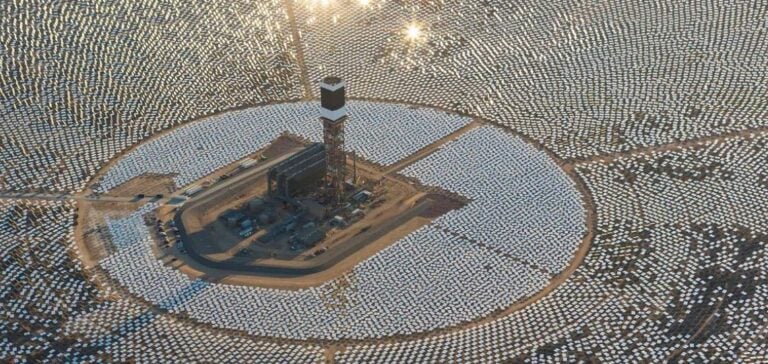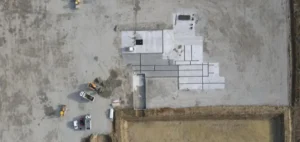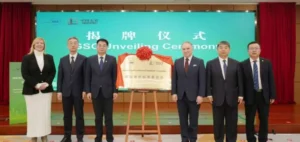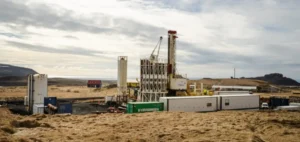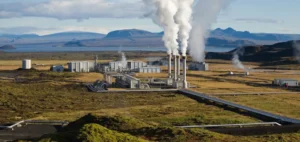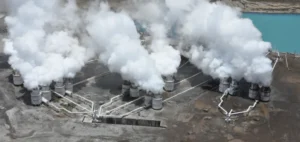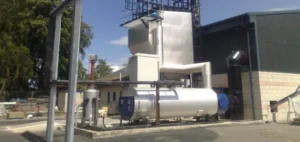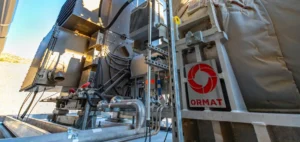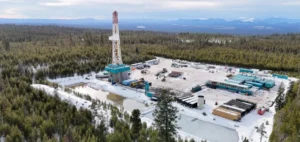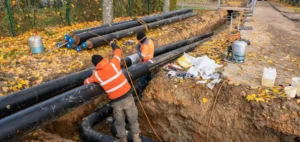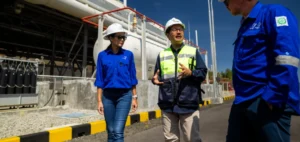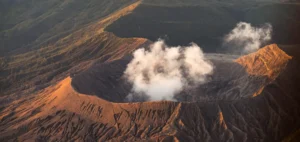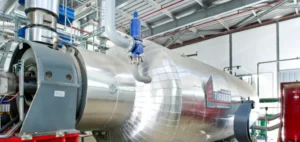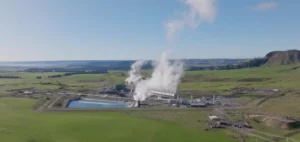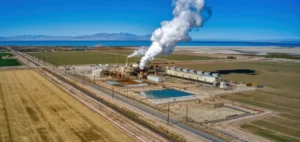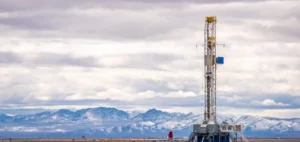AFPG and Enerplan, two key organizations in the French renewable energies sector, have recently drawn up a roadmap to promote the coupling of solar thermal and geothermal energy.
This initiative comes at a time when the energy transition and the search for sustainable solutions are at the heart of national concerns.
By combining these two renewable energy sources, industry players aim to optimize heat and cooling production, while strengthening the country’s energy sovereignty.
The potential of geothermal and solar thermal energy remains largely under-exploited in France.
These technologies, which produce heat without combustion, offer interesting solutions for a variety of sectors, including buildings, industry and heating networks.
Coupling these two technologies not only improves energy efficiency, but also enables solar heat to be stored inter-seasonally.
This means that heat produced during the summer months can be stored for use during the winter months, maximizing the use of renewable resources.
Technical and regulatory cooperation
The ST-Géo roadmap formalizes the cooperation between AFPG and Enerplan on several fronts, notably technical, regulatory and communications.
The aim of this collaboration is to raise awareness among specifiers and building owners of the advantages of combined solar thermal and geothermal solutions.
By informing market players of the benefits of these technologies, AFPG and Enerplan hope to encourage their adoption in a variety of projects.
As part of this initiative, it is also essential to optimize the use of biomass energy, in line with Ademe’s recommendations for the Heat Fund.
ST-Geo solutions should be integrated more systematically into project studies, enabling their potential to be fully explored.
The joint work of AFPG and Enerplan is designed to support this approach and encourage better integration of renewable energies into the French energy landscape.
Action plans and future prospects
In 2023, the government launched an Action Plan for the development of geothermal energy, underlining the importance of this resource in the energy transition.
At the same time, a similar plan for solar heat is being drawn up and should be adopted by 2025.
Enerplan has already begun formulating proposals for this future plan, drawing on feedback from industry professionals during the Etats Généraux de la Chaleur Solaire.
The actions set out in the ST-Geo roadmap will be integrated into this action plan for solar heat, reinforcing the synergy between the two sectors.
This integrated approach is essential if we are to maximize the impact of renewable energies on reducing greenhouse gas emissions and meeting France’s climate targets.
Analysis of challenges and opportunities
The solar thermal and geothermal coupling initiative represents a significant opportunity for the renewable energies sector.
By combining these two technologies, it is possible to create more resilient and efficient energy systems.
This meets both the growing need for energy and the sustainability requirements imposed by public policy.
However, implementing these solutions requires close coordination between the various market players, as well as a favorable regulatory framework.
Technical and financial challenges must also be overcome to ensure that these technologies are accessible and cost-effective for end-users.
The ST-Geo roadmap represents an important step towards achieving these objectives, by fostering constructive dialogue between stakeholders.
Outlook on the future of renewable energies
AFPG and Enerplan’s commitment to promoting solar thermal-geothermal coupling is part of a broader trend towards sustainable energy transition.
As France seeks to diversify its energy sources and reduce its dependence on fossil fuels, the integration of renewable solutions is becoming crucial.
Synergies between different technologies, such as those proposed by the ST-Geo roadmap, could play a key role in achieving climate targets.
The future prospects for solar thermal and geothermal energy are promising, but they require ongoing commitment from the industry’s players.
By fostering innovation and supporting pilot projects, it is possible to demonstrate the effectiveness of these solutions and encourage their wider adoption.
The joint efforts of AFPG and Enerplan could thus help shape a more sustainable and autonomous energy future for France.


